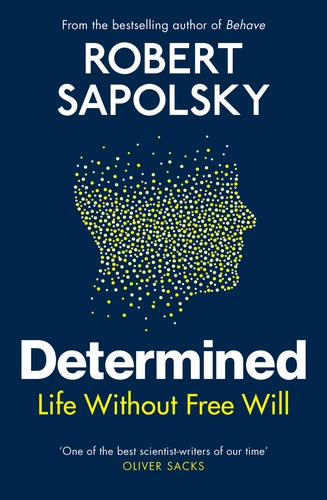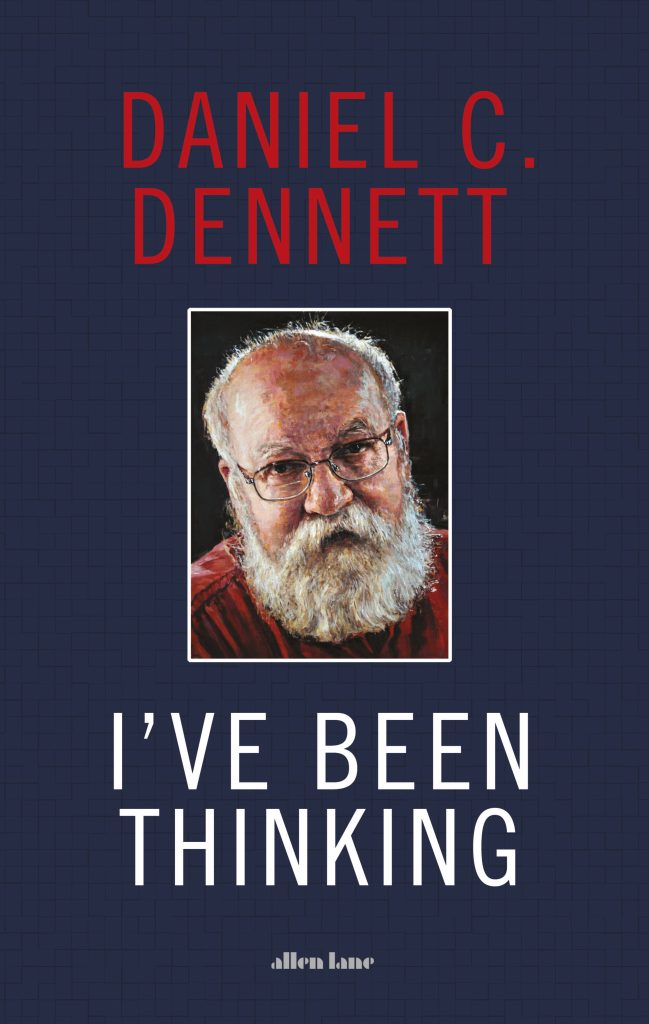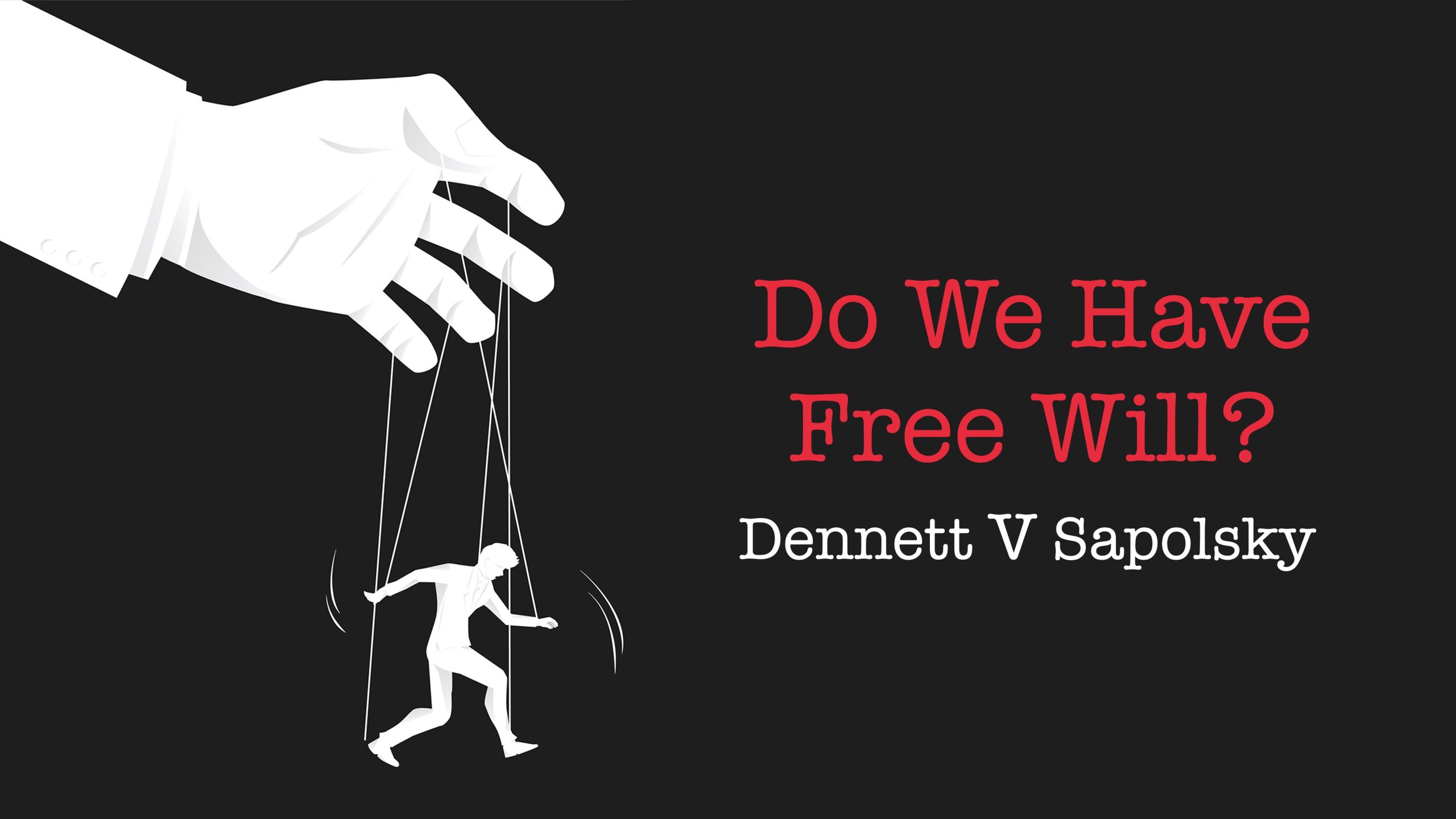Two titans of neuroscience and philosophy come together to debate the existence of free will – a question with profound implications for identity, justice, and the very meaning of life itself.
Do human beings have free will?
For Stanford neurobiologist Robert Sapolsky, science clearly demonstrates that free will is a powerful and dangerous illusion. Without free will, it makes no more sense to punish people for antisocial behaviour than it does to scold a car for breaking down. It is no one’s fault they are poor or overweight or unsuccessful, nor do people deserve praise for their talent or hard work; ‘grit’ is a myth.
But for philosopher and cognitive scientist Daniel Dennett, free will is not only compatible with our current scientific knowledge but justified by it. Free will underwrites our moral and artistic responsibility – and reason and self-control are both real and desirable.
Coming together to debate this question for the first time, these two intellectual giants will delve deep into the science and philosophy of the mind and get to the heart of this ancient and vitally important question.
Whether you are a philosopher, psychologist, or simply interested in hearing new and profound reflections on human nature, this is an unmissable livestream event.
This online debate is free for members of How To Plus.
Praise for Robert Sapolsky:
‘Awe-inspiring … This is the best scientific book written for non-specialists that I have ever read.’ – Henry Marsh
‘Sapolsky’s book shows in exquisite detail how culture, context and learning shape everything our genes, brains, hormones and neurons do.’ – Times Literary Supplement
‘For sheer ambition, it’s hard to beat Robert Sapolsky’s new book. Its goal is nothing less than a new way of seeing ourselves.’ – New Scientist
Praise for Daniel Dennett:
‘There seems to be no stopping Daniel Dennett. He has played a major role in integrating philosophy of mind with cognitive science, and his ideas have been widely discussed for decades… He is always fun to read. He has few equals at explaining complex topics, and his positive theories are never boring.’ – TLS
‘Unlike traditional philosophers, Daniel Dennett is a student of neuroscience, linguistics, artificial intelligence, computer science, and psychology. He’s redefining and reforming the role of the philosopher.’ – Marvin Minsky









